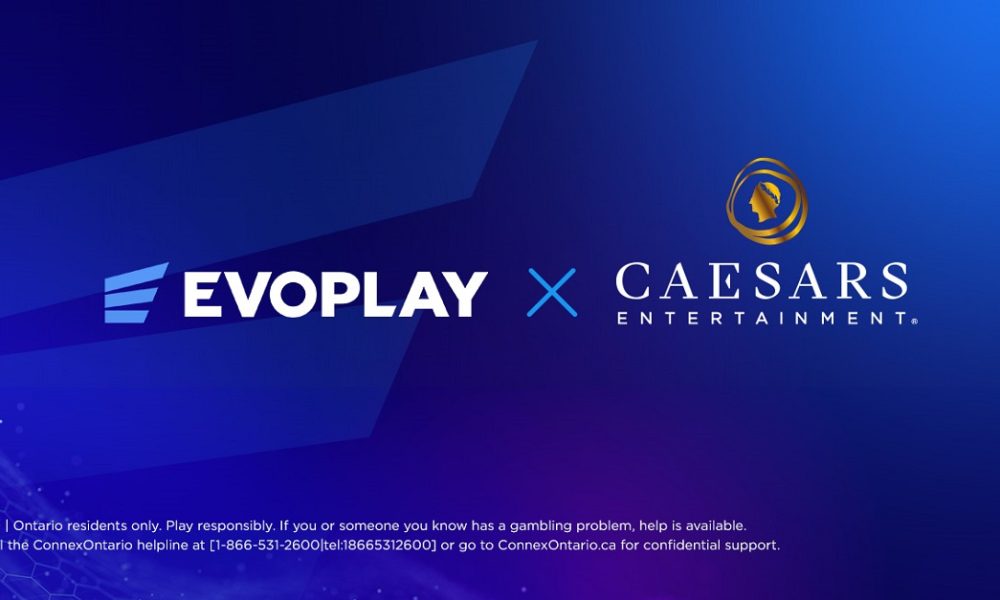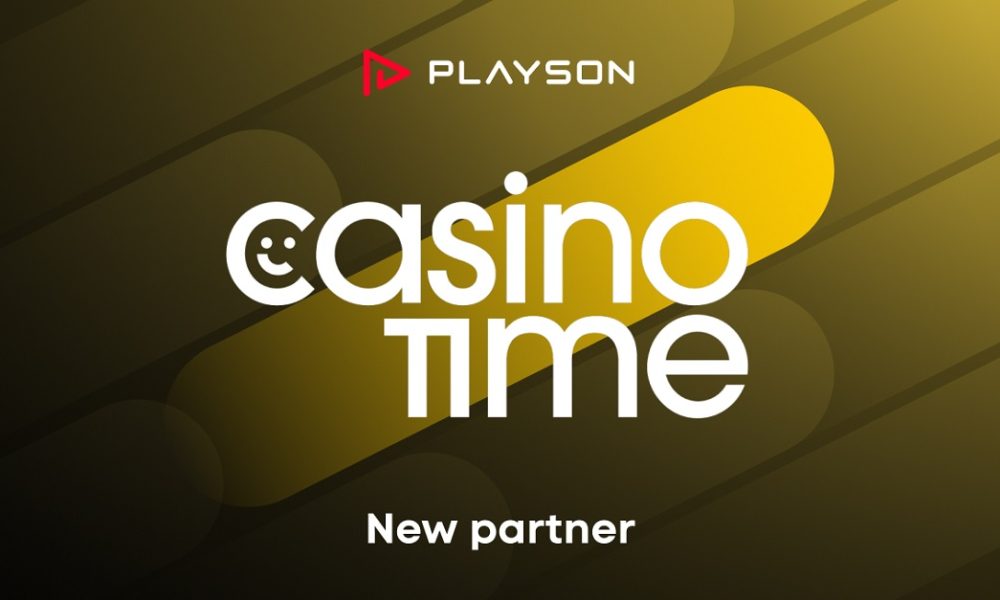

Canada
Habanero boosts Spain and LatAm reach with Emara Play
Supplier continues rapid European and LatAm growth following MGA licence
Premium slots and table games provider Habanero has partnered with Spanish aggregator Emara Play, greatly extending its delivery across Hispanic markets.
Habanero’s agreement with Emara Play will see the provider initially rollout its coverage across the LatAm region, with Habanero already having established itself as one of the continent’s favourite suppliers.
The deal will see Habanero bring its engaging slots, table games and promotional tools to the Spanish market following its full certification to the standards set by the country’s regulator, DGOJ.
The milestone will also allow Habanero to partner with a swathe of Spanish operators as it prepares to announce a series of high-profile deals in the near future.
The studio’s latest agreement also further strengthens its leading position in Europe, now live across 16 markets in the continent, as well as celebrating the recent acquisition of its MGA and ONJN licences from the Maltese and Romanian regulators.
Commenting on the agreement, Vera Motto, Business Development Executive at Habanero, said:“This deal is a testament to our commercial footprint in the European territory and beyond. We are delighted to partner with another important player in Spain, in a move that boosts our exciting and ambitious commercial plans for both the Spanish and LatAm markets. Stay tuned for plenty more announcements to come!”
Daniel Rubio, CEO at Emara Play, added:“From the first moment we saw Habanero’s product we saw huge potential in it. They are a fresh and innovative company with a lot to offer the Spanish and LatAm markets. Our strategy is focused on local providers and quality games for our customers and Habanero will undoubtedly help us achieve that.”
Alex Malchenko Head of Sales at Evoplay
Evoplay strengthens Ontario presence in partnership with Caesars Entertainment

Evoplay, the award-winning game development studio, has partnered with Caesars Entertainment to expand its footprint in the Canadian market, following its initial entry earlier this year. The partnership integrates 20 of the studio’s top-performing titles onto Caesars Palace Online Casino, Horseshoe Online Casino and Caesars Sportsbook & Casino in Ontario, including fan-favourites such as Hot Triple Sevens, Triple Chili, and The Greatest Catch Bonus Buy.
Having announced its official entrance into Ontario in March, the collaboration with Caesars marks a significant step in Evoplay’s local strategy. Further standout releases, such as Inner Fire Bonus Buy and Hot Volcano, also launched as part of the initial package, with additional player favourites, including Fruit Nova and Ice Mania.
The collaboration underlines Evoplay’s commitment to working with leading operators to deliver high-quality content tailored to regional audiences.
Alex Malchenko, Head of Sales at Evoplay, said: “Launching with Caesars in Ontario marks a key milestone in our North American strategy.
“It reflects both the strength of our portfolio and our commitment to providing innovative, high-performing content to operators of the highest caliber.”
Ricardo Cornejo Rivas, Vice President of Online Gaming at Caesars Digital, said: “Evoplay brings a fresh and dynamic approach to online gaming, which we’re excited to offer to our players in Ontario. This portfolio of standout titles adds to our growing content library and furthering our ongoing goal of delivering top-tier entertainment experiences to our players.”
The post Evoplay strengthens Ontario presence in partnership with Caesars Entertainment appeared first on Gaming and Gambling Industry in the Americas.
Canada
iGaming Ontario Appoints Joseph Hillier as its New President and CEO

The iGaming Ontario Board of Directors has announced Joseph Hillier as the organization’s new President and Chief Executive Officer, effective September 8, 2025. Joseph’s depth in the Ontario igaming market combined with successful public and private sector careers make him the ideal President and CEO at this critical point in iGaming Ontario’s growth.
Joseph was most recently Chief Strategy Officer and Corporate Secretary at the Alcohol and Gaming Commission of Ontario (AGCO), where he delivered significant strategic and regulatory initiatives across the province’s alcohol, cannabis, gaming, and horse racing sectors. Prior to the AGCO, he served as Chief of Staff to Ontario Attorney General Hon. Doug Downey and led the development, launch and implementation of Canada’s first private sector-driven igaming market and the creation of iGaming Ontario. Joseph also spent more than a decade working in the financial and legal services sectors.
The Board expressed its sincere thanks to David Smith for serving as Interim President and Chief Executive Officer since Martha Otton’s retirement.
The post iGaming Ontario Appoints Joseph Hillier as its New President and CEO appeared first on Gaming and Gambling Industry in the Americas.
Blanka Homor Sales Director at Playson
Playson strengthens Ontario foothold with Casino Time integration

Partnership accelerates supplier’s continued expansion across North America
Playson, the accomplished digital entertainment supplier, has bolstered its presence in Canada after securing a new partnership with Casino Time, one of Ontario’s fastest growing regulated operators.
Casino Time will benefit from Playson’s comprehensive Hold and Win portfolio, which consistently features among the supplier’s top-performing titles released to market.
Coin Strike: Hold and Win, Thunder Coins: Hold and Win, and Diamonds Power: Hold and Win are among the releases now available to the Casino Time player base, courtesy of a seamless integration via Light & Wonder’s aggregation platform.
Renowned for its retail presence across Ontario, Casino Time has successfully bridged the gap between physical and digital gaming since entering the province’s regulated iGaming market in 2024. Its online offering is set to reach new heights with the addition of Playson’s titles, which offer immersive gameplay and captivating visuals that are proven to increase player retention and satisfaction.
The latest agreement coincides with a significant period of growth in North America for Playson, underlining its long-term vision of expanding its market share in regulated territories with key operators.
Blanka Homor, Sales Director at Playson, said: “Ontario is a market of major significance for us in North America and so it is great to join ties with such a household name.
“Casino Time’s online expansion continues to soar and we are confident our Hold and Win collection will resonate with local players, offering them alternative ways of engaging in captivating slot experiences.”
Jeffrey Holmes, Chief Operating Officer at Casino Time, said: “Partnering with Playson is an exciting step in our mission to deliver the very best in online casino entertainment. Their Hold and Win titles are a proven hit in multiple markets, and we are certain these will add a unique dynamic to our slot library.
“This collaboration strengthens our ability to bridge the gap between retail and digital gaming, while giving our players fresh, immersive experiences.”
The post Playson strengthens Ontario foothold with Casino Time integration appeared first on Gaming and Gambling Industry in the Americas.
-

 gaming3 years ago
gaming3 years agoODIN by 4Players: Immersive, state-of-the-art in-game audio launches into the next generation of gaming
-
EEG iGaming Directory8 years ago
iSoftBet continues to grow with new release Forest Mania
-
News7 years ago
Softbroke collaborates with Asia Live Tech for the expansion of the service line in the igaming market
-
News7 years ago
Super Bowl LIII: NFL Fans Can Bet on the #1 Sportsbook Review Site Betting-Super-Bowl.com, Providing Free Unbiased and Trusted News, Picks and Predictions
-
iGaming Industry8 years ago
Rick Meitzler appointed to the Indian Gaming Magazine Advisory Board for 2018
-
News7 years ago
REVEALED: Top eSports players set to earn $3.2 million in 2019
-
iGaming Industry8 years ago
French Senator raises Loot Boxes to France’s Gambling Regulator
-
News7 years ago
Exclusive Interview with Miklos Handa (Founder of the email marketing solutions, “MailMike.net”), speaker at Vienna International Gaming Expo 2018






